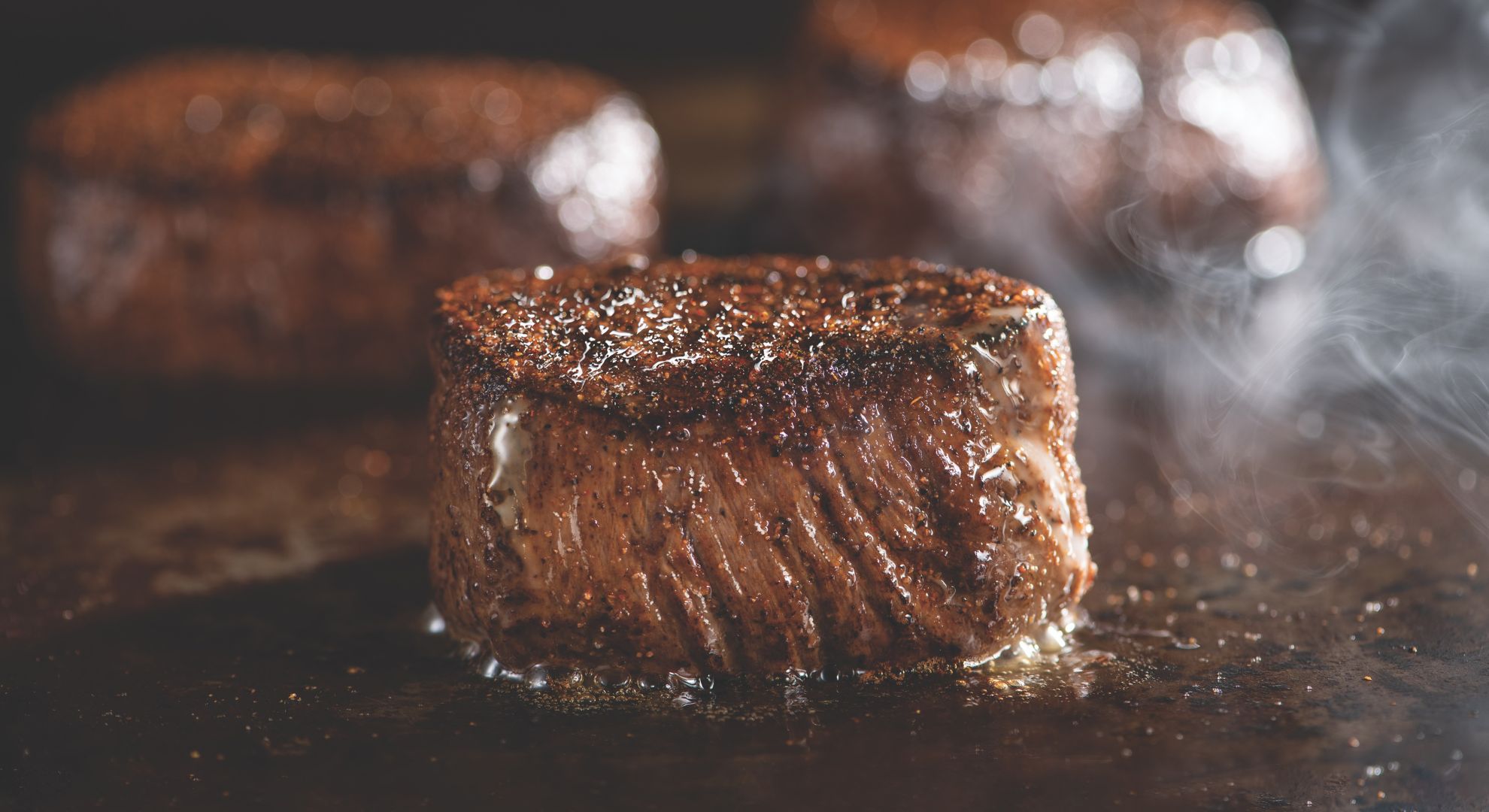The American reality show “Hell’s Kitchen,” with its scenes of ruthless Gordon Ramsay butchering the hopes and egos of contestants, helped form the image of chefs as brutal bastards. Add to that stories of drug abuse, alcohol dependency and the film “Burnt,” where a downtrodden chef faces a career mishap and takes his co-workers down with him, and you have a full-fledged kitchen villain.
Having spent some time in the culinary industry as a cook, a writer and an observer, I have witnessed how line cooks get peppered with such merciless profanity. I, too, have been at the receiving end of such lunacy, so I know that Ramsay’s hellish character is more than just for show.

High-pressure situation
Yes, chefs can be vicious people. It’s what long hours, scarred arms, lack of sleep, excessive sweating and poor salaries have led them to be. On top of that, customers push their buttons by asking questions like “What is the difference between an 8 oz- and a 10 oz-steak?”
And that’s on a good day. Simmering in such a high-pressure situation, they will surely reach breaking point. It’s inevitable.
“What ticks me off is having to repeat myself,” says Josh Boutwood, corporate chef of the Bistro Group. “It’s understandable that my accent is different, but when I have to repeat myself more than three times for the same thing, I lose my cool. Although I have learned to curb my temper, there are instances I blow my top. We are all dormant volcanoes waiting to erupt.”
It’s the same case in the pastry kitchen. As Miko Aspiras of Freezer Burn and Scout’s Honor attests, not everything is sweet.
“I’m patient in teaching my team how to create things, but at the end of the day, it boils down to the perception of each person. I dislike it when someone is very inconsistent. One day he does great, then the next he does a lousy job. I also hate it when someone just cannot separate work from his personal life.”
No mistakes
With a lot of things on the line, including a reputation and a career they’ve worked hard to build, chefs feel they can’t afford to make mistakes. They set high standards for themselves, and if these aren’t met, their subordinates just might end up on the chopping block.
“Each process and movement has a knock-on effect on the final product. And when one process isn’t followed as it should, all operations can break down,” says Boutwood, who has 1,200 cooks under him.
The job of a chef can swallow one whole. It’s intense, mentally and physically exhausting, and the pressure to perform can push one over the edge. Kitchen stress chooses no one and gets even the best of them.
Marco Pierre White has thrown cheese plates, Rene Redzepi has taken people out from service and asked them to leave, and David Chang has gotten so enraged he nearly passed out.
There’s screaming, shoving, food dumping, and even knife-hurling involved—all of which would make for good TV, but not in real life.
The kitchen is simply not for the faint of heart; it will test one’s capacity to learn the hard, and oftentimes humiliating, way. But this knee-jerk reaction is often a result of the chef’s desire to instill discipline. It may be a bit military in process and mentality, but in such a fast-paced and all-consuming environment, it somehow works.
15-minute window
“You only have a window of 15 minutes to get a dish right and perfect,” says chef Him Uy de Baron, who himself has been shouted at and whose food has been thrown into the garbage can a number of times. “Once you’ve sent the food out and you didn’t do it properly, you can’t take it back. So imagine how stressful that window of time is.”
De Baron, who operates newly opened Makansutra at SM Megamall, hates it when his staff takes kitchen shortcuts, because the food loses its integrity. And when this happens on a heated occasion, chances are, he might raise hell.
“If I get mad during the line, I can’t put him aside. But right after service, I will talk to him and say that it was nothing personal. I also ask him why I got mad at him. I ask that question so they will understand.”
In the restaurant industry, only the strong survive. Those whose passion falls short will eventually give up, while those with ambition and hunger will become seasoned and perpetually motivated.
Chefs are more passionate people than pompous pricks. They strive for perfection and expect their army to do the same, even if the means to get there are far from ideal. They can be jerks, but know that their madness stems from a good place (the best of them, at least).
Now it’s up to the staff what to make of it. Either they continue to despise him, or they share a beer and a smoke with him after service.













































